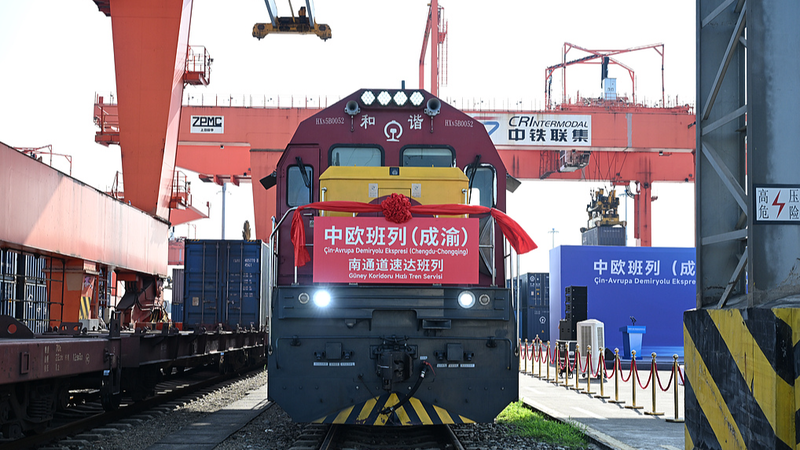In a high-stakes summit in Beijing on Thursday, China and the European Union pressed reset on their relationship, seizing a rare window to rebuild trust, tackle trade friction, and chart a clearer course for global stability.
Rebooting an Economic Powerhouse:
Experts stress that despite recent tensions, the China-EU economic powerhouse remains deeply interlinked. More than 80% of Chinese companies operating in Europe see the EU as a long-term partner, not a rival, according to Liu Jiandong, chairman of the China Chamber of Commerce to the EU.
Feng Zhongping from the Chinese Academy of Social Sciences notes that trade disputes have become the main source of friction. 'Trade is still our internal driving force,' Feng says. 'If we want concrete cooperation, mutual trust must grow—an effort that takes time.'
Green Signals in a Shifting Landscape:
One of the summit's biggest wins was a landmark joint statement on climate change. This plan reaffirmed both sides' commitment to accelerate green energy, promising policy stability even amid global turbulence.
'EU-China climate cooperation can steady markets and speed up the clean energy transition,' says former Irish President Mary Robinson. Observers argue that this alliance fills the gap left by the U.S. withdrawal from the Paris Agreement.
Bridging Differences with Practical Ideas:
From the Ukraine crisis to concerns over manufacturing overcapacity, significant disagreements persist. Former WTO chief Pascal Lamy suggests a win-win fix: Chinese electric vehicle makers could build factories in Europe—mirroring past EU investments in the Chinese mainland—to balance competition and boost local jobs.
Meanwhile, COSCO's Piraeus revival and new EV plants in Europe highlight how healthy rivalry can spur innovation rather than division.
A Roadmap for Long-Term Stability:
For scholars like Cui Hongjian of Beijing Foreign Studies University, this summit is more than a photo op. As China and the EU mark 50 years of ties, they need regular, high-level talks to align strategies, prevent mixed signals, and set a stable agenda for decades to come.
'On one hand, clear strategy; on the other, ongoing dialogue,' Cui argues. 'Only both together will guarantee predictable, long-term cooperation.'
Against a backdrop of rising global uncertainties, this candid China-EU dialogue could be the blueprint for a new era of cooperation—one that keeps trade flowing, green ambitions alive, and multilateralism standing strong.
Reference(s):
Experts: Candid China-EU talks vital amid global uncertainties
cgtn.com




